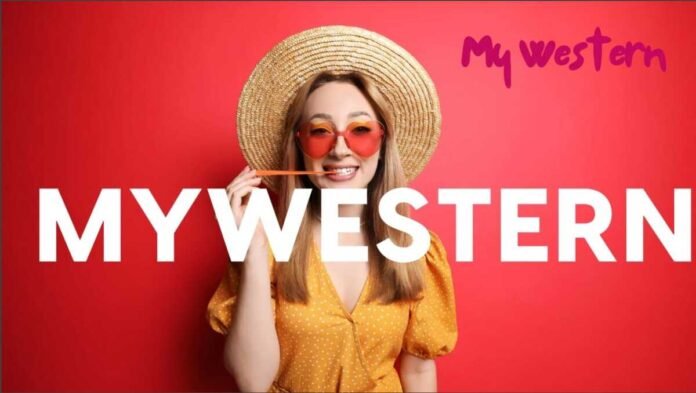India’s fashion landscape is undergoing a transformation unlike anything seen before, and at the center of this shift stands MyWestern — a women’s western wear label born from a vision to create style without borders while staying rooted in Indian soil. Founded by Nikunj Sakariya, the brand has become a beacon for those who believe that luxury and accessibility can coexist, and that true success is measured not just in sales, but in the stories of the people behind the clothes. What began as a homegrown venture has now dressed over 100,000 Indian women, proving that the world doesn’t need to look beyond India for trendsetting, premium-quality western wear.
Sakariya’s journey mirrors the story of modern India — a blend of ambition, resilience, and relentless innovation. He speaks passionately about how the country’s rapid digital rise has changed the rules of the game for fashion entrepreneurs. Affordable smartphones, widespread internet access, and secure online payments have dismantled barriers that once kept aspiring designers in the shadows. In his eyes, the next generation has the rare advantage of global exposure while being deeply tied to Indian values — a combination he believes will unleash a wave of groundbreaking creativity. MyWestern itself is a testament to this shift, evolving from a simple idea into a brand that competes with global labels while staying proudly Indian in every thread.
At the heart of MyWestern’s success is its unwavering commitment to India’s self-reliance mission. Unlike many fashion brands that lean heavily on imports, every MyWestern piece is designed, stitched, and shipped from within the country. This approach sustains livelihoods for local artisans, tailors, and suppliers, while reducing dependence on foreign manufacturing. For Sakariya, it’s more than just business — it’s a pledge to keep the soul of the brand authentically Indian, ensuring that every purchase becomes a small yet powerful act of nation-building. In his words, buying from Indian brands is not a trend but a habit that can reshape the nation’s economic future.
Sakariya draws inspiration from one of India’s most celebrated qualities: unity in diversity. He sees this not just as a cultural strength, but as a creative advantage in fashion. MyWestern thrives by blending international silhouettes with the textures, colors, and sensibilities that resonate deeply with Indian women. This philosophy has allowed the brand to craft collections that feel both cosmopolitan and unmistakably Indian, appealing to a wide range of tastes while retaining a singular identity. The result is clothing that empowers women to look global without losing the essence of their heritage.
For the founder, one of the most profound changes in modern India has been the rise of women in leadership across every field — from corporate boardrooms to sports arenas. Designing exclusively for women, Sakariya considers this not just a market opportunity, but a mission. MyWestern’s collections are created for women who are ambitious, unapologetic, and redefining what it means to succeed in contemporary India. Reaching the milestone of serving over 100,000 customers, he dedicates this achievement to the nation, calling it proof that high-quality, fashionable western wear can be conceived, produced, and adored entirely within India’s borders.
Looking ahead to 2047, the year India will mark a century of independence, Sakariya envisions a future where the label “Made in India” signals more than manufacturing origin — it becomes a global badge of style leadership, trust, and unmatched quality. He dreams of a time when international buyers seek Indian designs not as a niche, but as the gold standard. To that end, MyWestern continues to grow with a conscience, planting a tree for every 1,000 orders as a commitment to the planet. In Sakariya’s eyes, fashion is not just about making people look good — it’s about doing good, for the country and for the Earth. And with MyWestern leading the charge, India’s fashion story is only just beginning to turn heads on the world stage.
For more details:

